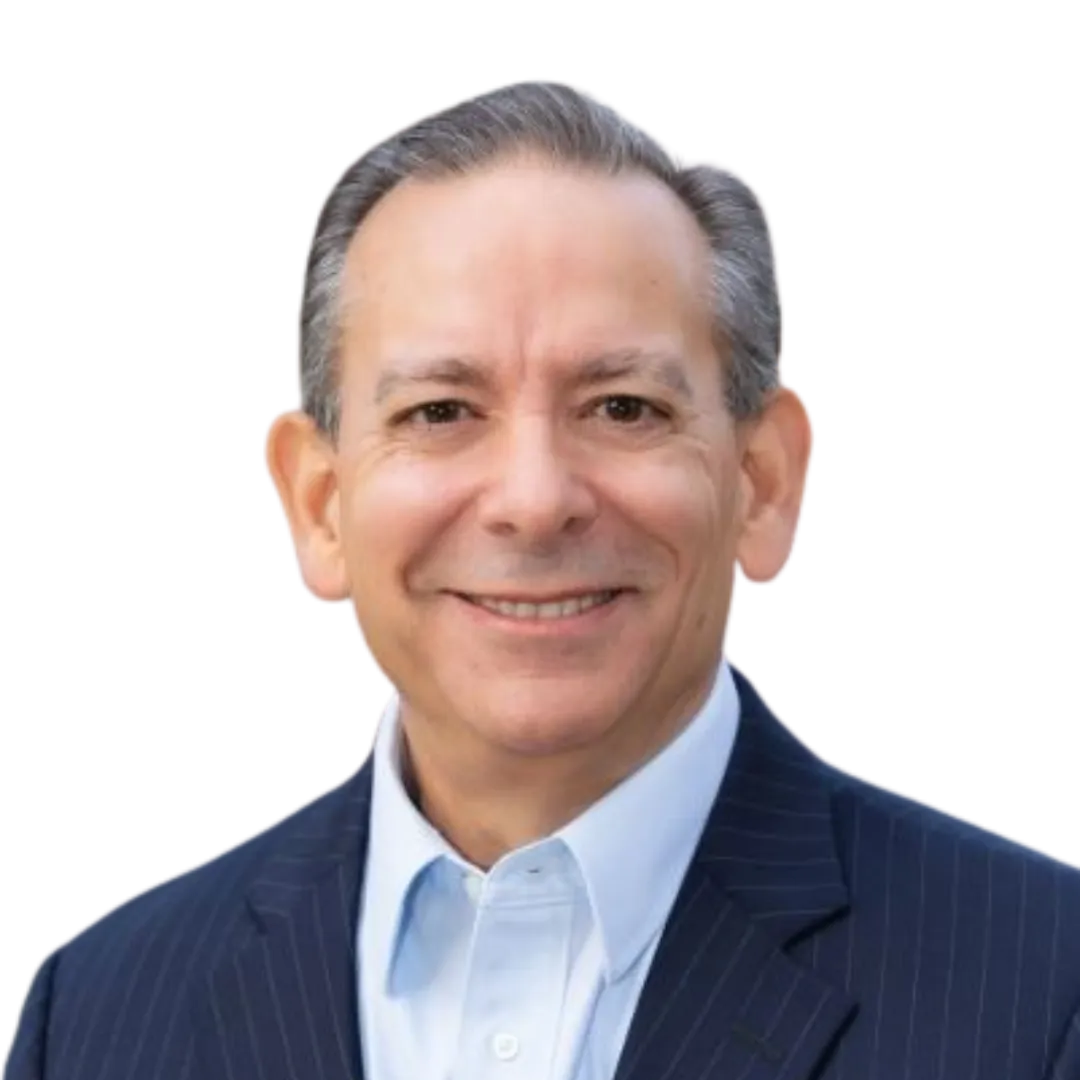We help small to midsize business owners scale their company & exit it for maximum value without overwhelm or regret!
We Help CEOs, Owners, and Managers Grow Their Company without Demanding More of You!
— Decrease Turnover - Cultivate Innovation - Accelerate Growth —
Services Offered
With Fast Growth Comes Even Faster Problems
We don’t have enough employees to keep up with demand…

Imagine having sufficient team members who are passionate about their work, deliver quality results, and can easily keep up with demand.
We are encountering new challenges and need strategic guidance…

Imagine hiring the exact-right person to break through to your next level, or what if they are already within your company just waiting to be tapped?
We need more sales, but our sales team is overloaded…

Imagine having a sales team that not only handles the current workload effortlessly, but also strategically expands your reach.
There aren’t enough hours in the day and things are falling through the cracks…

Have you thought about the number of tasks you (the founder) are doing that are way below your pay grade? Imagine handing these off to someone who can complete them well, and in short order.
Turnover is out of control and we can’t find competent people…

Imagine having a workforce that fosters a culture of retention, loyalty, and continuous improvement, ensuring your company thrives amidst challenges.
Your workforce is the answer.
More importantly, empowering your workforce to grow and achieve their goals is the best way to reach yours.
I'm Dr. Dave Pennington, the innovator behind the Align & Scale Framework for workforce development, highlighting over 35 years of hands-on expertise in operations management and strategic growth consulting tailored for high-paced, thriving companies.
In a dynamic landscape, where competition is intense and change is constant, your employees seek to advance their careers as swiftly as your company is evolving. This often results in frequent employee turnover, organizational chaos, disjointed teams, and stagnant growth.

Through my extensive experience, I've observed that companies fostering a thriving growth culture and actively investing in their employees' development are the ones consistently leading their industries and experiencing rapid expansion.
Whether your company is gearing up for growth or grappling with growing pains, my strategic framework for workforce development offers the smoothest pathway to eliminate hurdles and carve out a route to success.
While your vision sets the trajectory,
your people drive the progress.
Here is how we fuse your vision with action, arm your employees for success, and remove obstacles hindering company growth.

Optimize Your Organizational Structure
We begin by ensuring the owner is supported by a complementary team where every member is thriving in a role tailored to their skills and aspirations, while supercharging the organizational structure for maximum scalability.

Hire Strategically
We strategically pinpoint your next hire, addressing immediate challenges while setting your company up for unparalleled success.

Fuel Success
We'll craft dynamic onboarding and training processes from the ground up, catapulting your new hires into immediate, impactful contributions.

Innovate Growth Culture
We’ll strategically implement systems to actively empower your employees in their growth journey that perfectly align with the company's evolving needs, resulting in high employee satisfaction and retention.

Want a team that’s a productivity powerhouse?
In the fast-paced world of business, productivity isn't just a goal; it's the key to survival and success. Whether you're leading a team of seasoned professionals or nurturing a startup, our checklist is designed to empower you with the strategies needed to elevate your employees' performance and drive your organization forward.

Hiring is more challenging than most people realize. Effective hiring begins with a pre-hiring process that provides clarity about whom you need to hire, what training, skills, etc. must that person have, and what steps must be taken before you attempt to find him or her. Most employers don’t have a thorough process to hire effectively. Make sure you have a solid process.
A solid onboarding process can prevent a ton of frustration, increase your new hire’s effectiveness right out of the gate, and return an immediate ROI to the company. Because of poor onboarding, most employees fumble around for 6-18 months before they truly understand what they need to do to be successful in their job. Don’t let that be true in your company.


Most employees view that once they have hired someone their work is done. In reality, your work has just begun. Employees don’t develop themselves. They need guidance, encouragement, and accountability to reach their potential. If you want to see your employees grow to their full potential, you must develop them. Otherwise, they will settle in and flatline into a mediocre worker. Don’t assume your employees will grow. Make sure of it.
Retention does not occur accidentally. People do not usually leave because of money. They leave because of poor management. To stay with your company, employees need to feel valued, appreciated, and perceive opportunities for growth. If you want to retain employees, you must create a sticky culture where people do not even entertain leaving your company.


Testimonials

Mike Kanty
Dave is a calm and thoughtful leader. His focus on Pastoral Leadership is ideally suited to his skills and life experience. Dave helps pastoral leaders develop and implement a church growth system that reaches and impacts their communities. If your vision for your Church is getting fuzzy or you are challenged with not just retaining but inspiring and growing an active congregation reach out to Dave at Penn Coaching and Consulting.

Kristin Sherry
Dave has been consulting with me for about half a year and helps me stay focused on what's important for YouMap LLC to scale and grow. The YouMap® Coaches and Facilitators love his quick start coaching process and everyone finds his insight to be extremely beneficial. He is a trusted partner and a blessing.

Bob Sager
Dave is one of those people who, upon meeting him for the first time, you feel like you've known for years. Easy to talk with, he takes a non-judgmental approach to helping business owners become more successful and have more fun.
As a member of one of the Mastermind Groups I run, Dave has always applied his knowledge, experience and imagination to helping others solve their biggest challenges. I am so pleased to know him and recommend him highly.

Mike Chirveno
I had the pleasure of working with Dave on an executive team for a couple of years. His ability to identify the "big rocks" in a situation, fashion the best "next steps" and marshal the efforts of a team to execute are the best I have seen. Dave is a gifted executive coach who makes his clients more productive, helps them stay focused on their highest priority tasks and probably most importantly, gives them a good sounding board for the important decisions they must make. There is no one I could recommend more heartily than David Pennington.

Heidi Chapnik
I have known Dave for several years. It has been an honor to know him and engage with him at his best. Dave is a heartfelt salt of the earth man of integrity, which belie his talents. Dave is super focused, organized and effective in decision making, problem solving and team building. His approach as an executive coach is open door, empathetic, yet firm and strong. Dave is able to build teams after on target analysis of challenge areas. His wide range of knowledge spans to all levels of management and his effectiveness knows no bounds.

Mark Burdette
Dr. David Pennington provided insightful, strategic business coaching that enabled my commercial firm to grow from 1 to 13 brokers and expand from 1 to 4 different geographical locations. He assisted with hiring & developing brokers, putting processes in place to manage and grow my firm. He is wise, encouraging, and a good personal friend. If you want someone who will help you grow as a leader, you cannot do better than hiring him!

Anthony Totta
Doc Dave has been a very positive influence by challenging me to become more focused and thereby more effective. He showed me effective ways to prioritize. His "spin less plates and spin the remainder well" approach for me has been just what I needed. I am thankful Dave is now offering himself full time as a coach mentor. I am sure he will help many folks from many walks of life as he did me.

PJ Petrillo
He is an excellent instructional leader who remains cool in a crisis, and responds well with clients and employees alike. David is a diverse individual who will be successful on whatever path he chooses to work within. He is a team player and mentors others well too.
Ready to cultivate a dynamic growth culture and explore in-house workforce hiring and development solutions?
Let's schedule an informal chat to delve into your company's needs and craft a strategic plan for success.

Facebook
LinkedIn
Youtube
Instagram